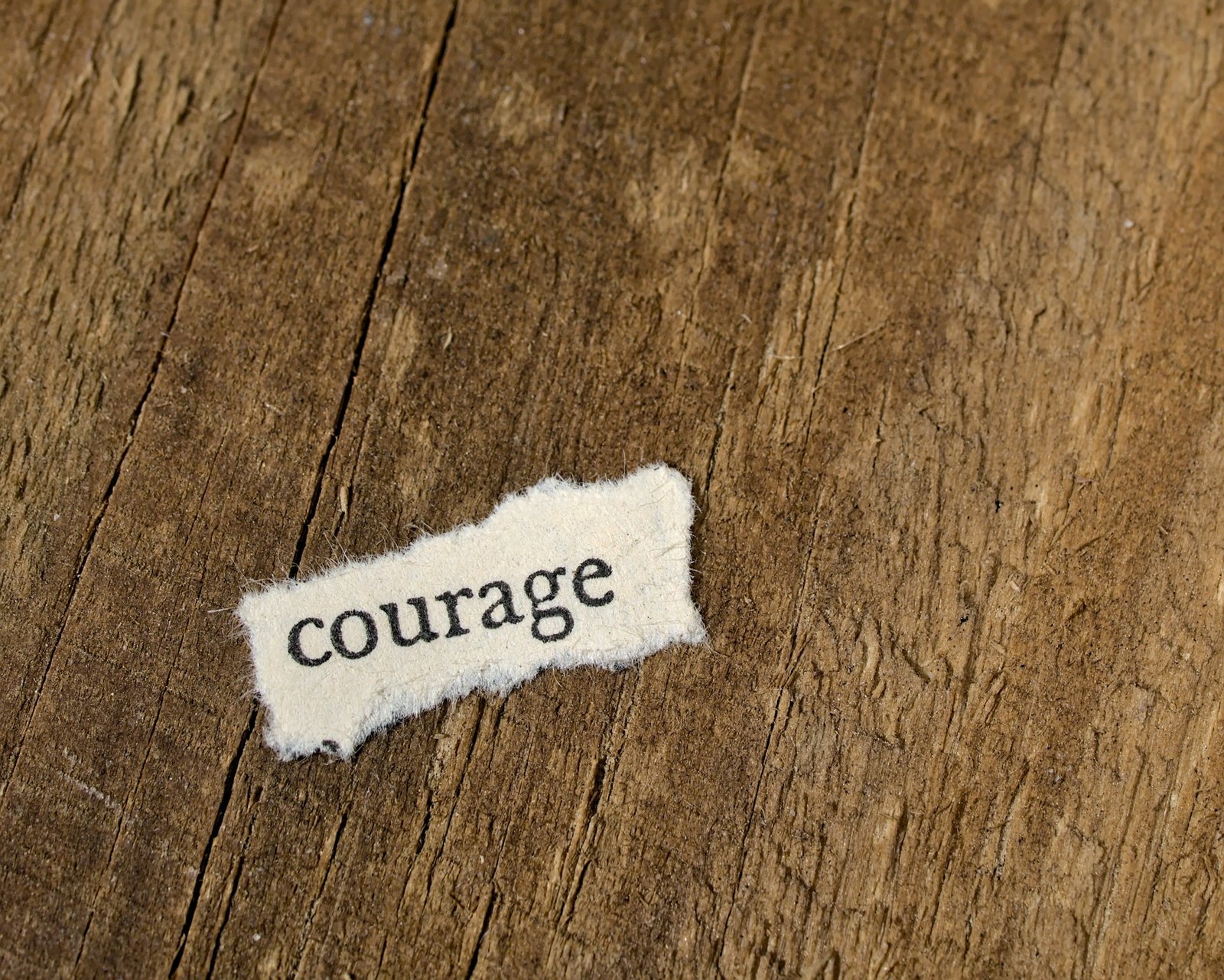What is courage? Can Giving Up Be Courageous?
Most of the time, when we use the word “courage,” we imagine situations in which we must protect ourselves or others against an attack, whether it be physical, emotional, or psychological. However, our individual courage extends beyond simple fight-or-flight responses and, when activated, can have an immense beneficial effect on our physical and mental well-being, chances for success, and capacity to recover from trauma.
Psychologists have discussed the idea of courage for millennia, and it continues to be a topic that is discussed in a variety of fields of study, including psychology, sociology, leadership, and education. Although there is considerable disagreement regarding the principles underlying courage, it is generally acknowledged that courage entails perseverance in the face of difficulty or danger and that it is used to effect change. There is also general agreement that we draw on various forms of courage depending on the situation in order to meet its unique requirements.
Increasing your psychological courage can open up a world of chances that will help you live the way you want to live and become the person you desire to be.
The first that immediately comes to mind is probably the simplest: physical courage, which is commonly understood as the type of courage we generate when confronted with bodily danger. It is up to us to take physical risks in order to defend ourselves or others from physical harm or attack. On the other hand, moral courage is the kind of courage we require when we have to confront a social injustice or societal hypocrisy, and it is the form of courage that often appears in stories and fables. It lies in our principles and awareness of right and wrong, yet it depends on us harming our reputation and the approval of those around us.
Psychological courage is the ability to act when necessary to effect change by facing what is real about who we are and how we behave. This type of courage entails overcoming our innate phobia of admitting and accepting our imperfections and weaknesses. It involves facing the reality that everyone has bad behavior moments, blind spots, and dysfunctional or inefficient behaviors that affect not just our physical welfare but also our psychological and emotional well-being.
Strengths of Courage
Courage is the ability to face fear, pain, danger, uncertainty, or intimidation with confidence, bravery, and fortitude. It is a fundamental human virtue that enables individuals to overcome obstacles and achieve their goals. In psychology, courage is often associated with resilience, self-efficacy, and positive coping strategies. Cultivating courage can lead to improved mental health, greater self-esteem, and a more fulfilling life.
- In psychology, courage is often studied in the context of stress and adversity. Research has shown that individuals who possess higher levels of courage are more likely to cope effectively with stressful situations, such as trauma, illness, or loss. They are also more likely to engage in proactive behaviors, take risks, and pursue their goals, even in the face of uncertainty or potential failure.
- Courage is often seen as a learned skill that can be developed through various practices, such as exposure therapy, cognitive-behavioral therapy, and mindfulness meditation. These techniques can help individuals confront their fears, challenge negative self-talk, and cultivate a sense of inner strength and resilience.
- At the same time, it’s important to recognize that courage is not synonymous with fearlessness. Rather, courage involves acknowledging one’s fears and vulnerabilities and choosing to act in spite of them. As such, courage is a complex and multifaceted trait that can take many different forms, such as physical courage, moral courage, and creative courage.
The concept of giving up being courageous is somewhat paradoxical, as courage is often associated with persistence, determination, and resilience in the face of adversity. However, there are certain situations where giving up can actually be seen as a courageous act.
For example, in cases where an individual is facing insurmountable obstacles or pursuing a goal that is no longer meaningful or worthwhile, giving up can be a way of acknowledging one’s limitations and preserving one’s mental and emotional well-being. In such cases, giving up can be seen as a form of self-care, as it allows individuals to redirect their energy and resources toward more productive and fulfilling pursuits.
Another situation when giving up might be viewed as courageous is when someone becomes trapped in a bad or harmful situation, such as a poisonous relationship or a terrible workplace. In these situations, giving up might be a means to end the cycle of abuse and stand up for one’s own self-respect and dignity.
However, it’s important to note that giving up should not be confused with quitting or giving in to fear. Rather, giving up should be a conscious and deliberate decision that is made after careful consideration of one’s values, priorities, and goals. It should also be accompanied by a willingness to learn from one’s experiences and to use them as a springboard for future growth and development.
In conclusion, although it may seem paradoxical to the idea of courage to give up, there are some circumstances in which it can be a courageous act. People can show a different kind of courage that is vital to perseverance and resilience by accepting their limitations, protecting their well-being, and standing up for their dignity and self-respect.







